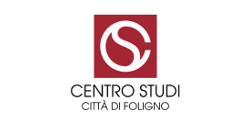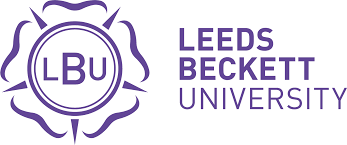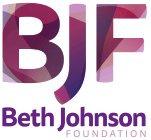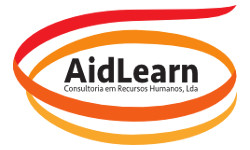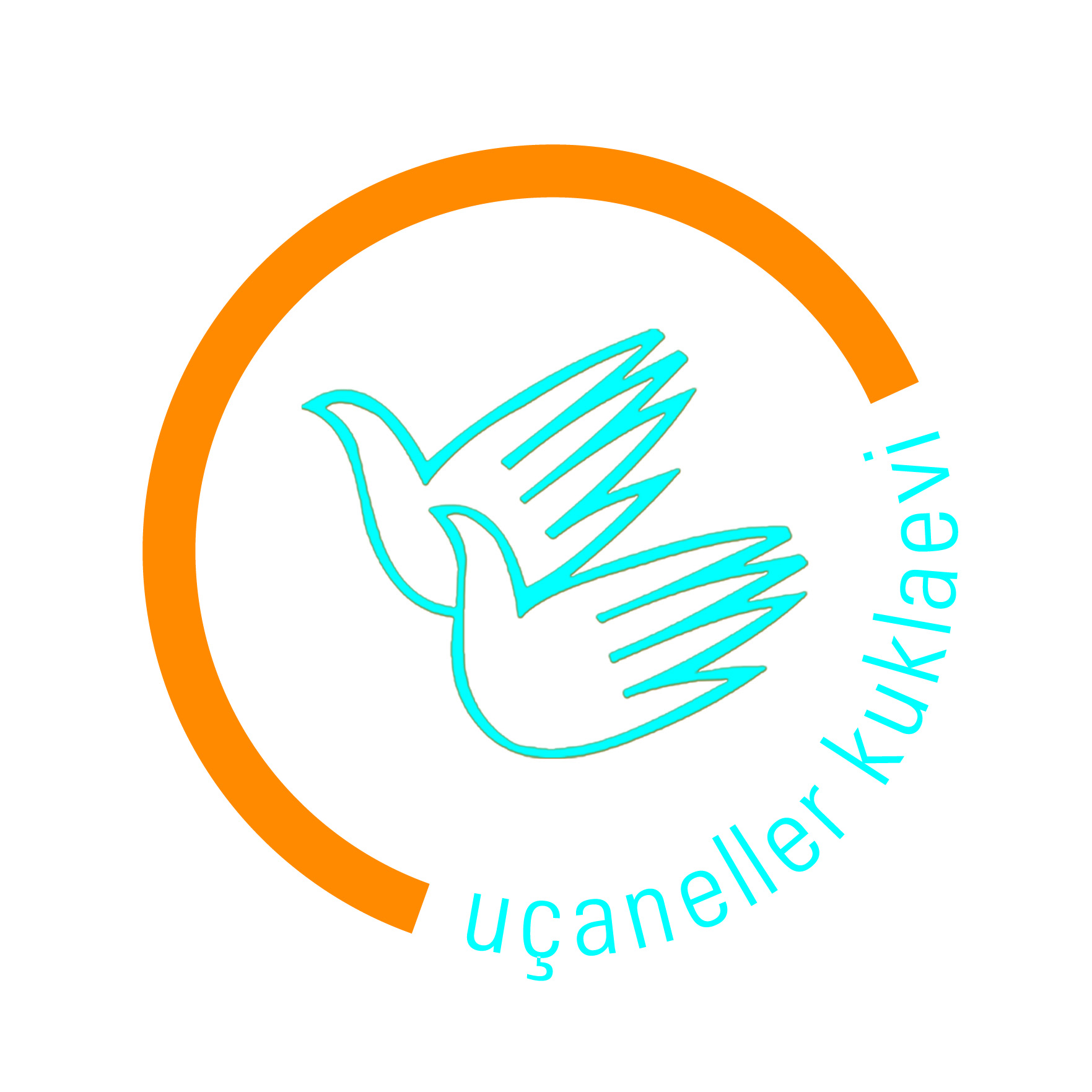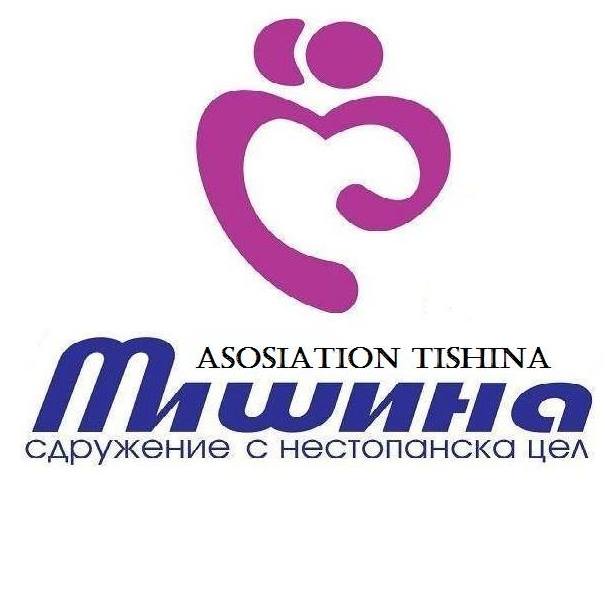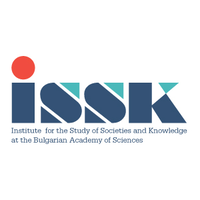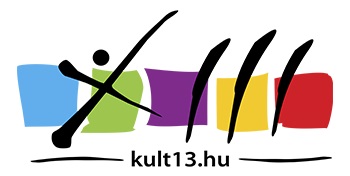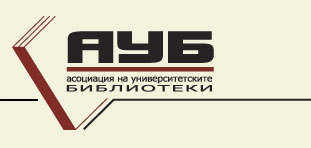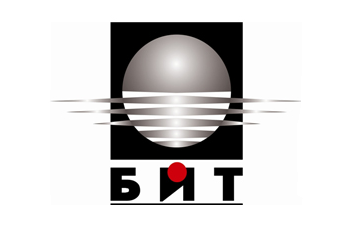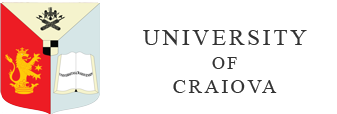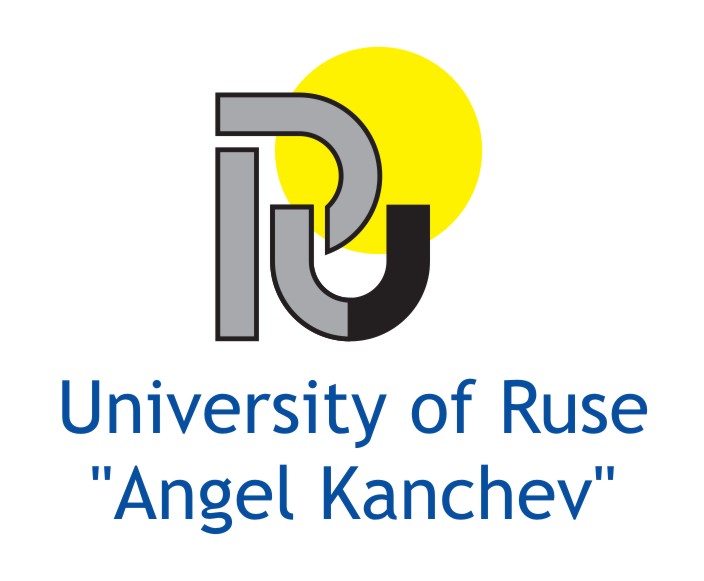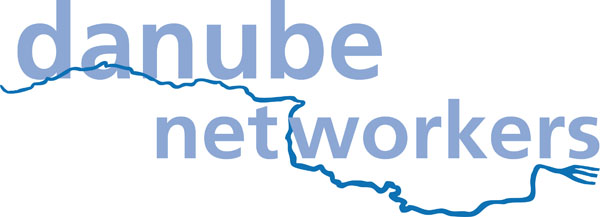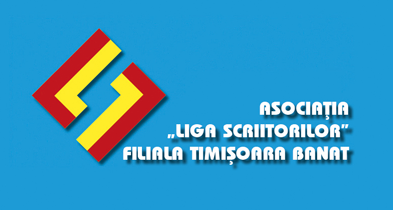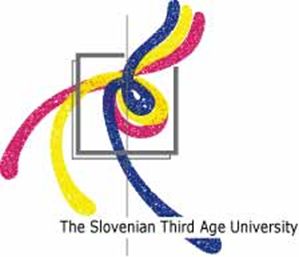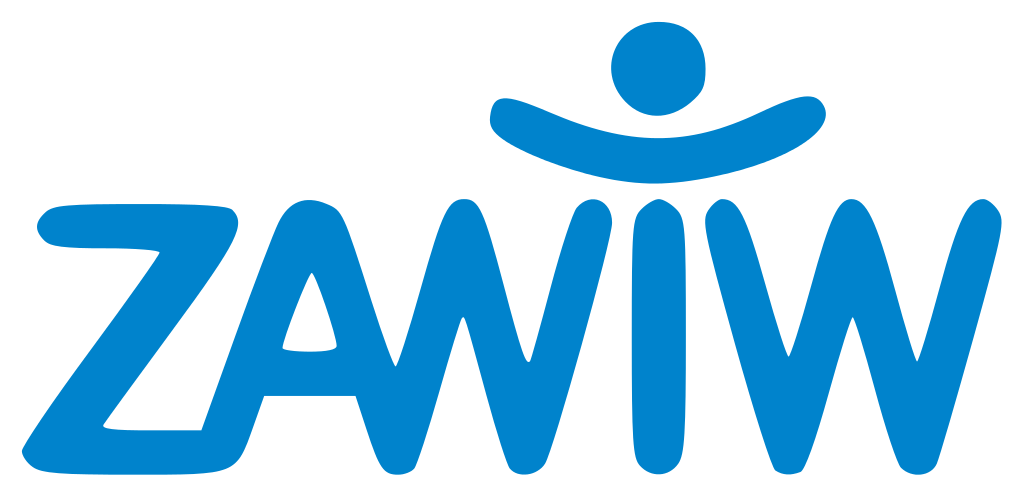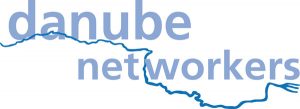Tihomir Žiljak, Head of the Department for Lifelong Learning, Development and EU projects
Ulica grada Vukovara 68, 10 000 Zagreb, CroatiaPublic Open University Zagreb (POUZ) is the largest non-profit adult education institution in the Republic of Croatia with tradition that goes far back to the year of 1907, when Albert Bazala initiated the idea of establishing a public university, while the first lectures started in 1912. The POUZ has witnessed dramatic times in Croatian history, thus being influenced by changing political and economic circumstances.
The institution is situated in Zagreb within one of the most functional buildings of modern architecture, designed for adult education and culture, built in 1962. (50 classrooms, 10 cabinets, 10 ICT cabinets, conference hall, library, 3 galleries).
The founder of the POUZ is the City of Zagreb, i.e. municipal authorities and nowadays the POUZ has 147 educational and cultural programmes, 3.324 participants per year and 250 teachers and trainers.
We offer a various formal educational programmes- starting from elementary and secondary school programmes for adults, as well as training and retraining courses. We are mostly oriented to vocational adult education for labour market (aimed both at already employed person seeking for new job opportunities as well as at unemployed persons).
Apart from formal education, we offer a wide range of non-formal education courses such as foreign languages, art, crafts, ICT. Together with these programmes for adults, in the POUZ there are also programmes for children (dance courses, musical instruments courses and different creative workshops).
We are especially proud of the Third Age University, which has specialized in non-formal education for senior citizens offering a wide range of courses of foreign languages, IT-skills, lectures and workshops on history, art, health and other interesting topics.
The POUZ has a rich publishing tradition and we issue manuals, textbooks, books, magazines and journals.
Our institution has more than 10 years long experience in developing and conducting various EU funded projects related to adult education and culture. Department for lifelong learning, development and EU project at the moment implements 10 EU projects (10 ESF projects and 6 Erasmus+projects) with partners from 14 countries. We are a member of EAEA (European Association for Education of Adults), a member of DANET (international umbrella association of education institutions, fostering education and science in the domains of lifelong learning, social participation and dialogue in the Danube countries), a member of AIUTA (International Association of Universities of the Third Age) and a member of Croatian Adult Education Society.

